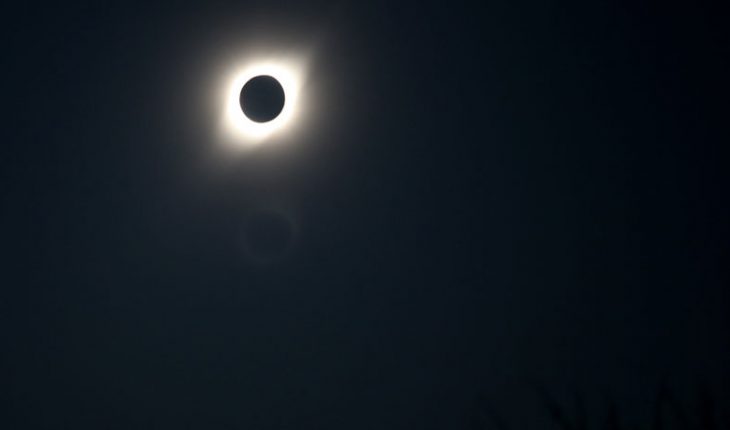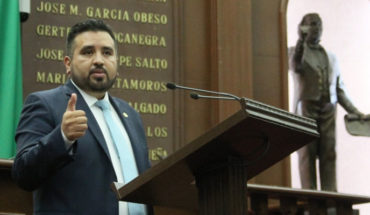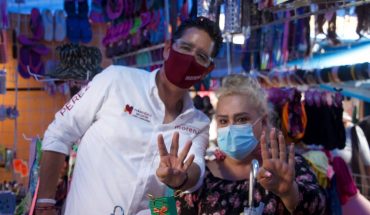Within a week of Chile witnessing the total eclipse of the sun, the last in three decades, the inhabitants of the epicenter area of the “blackout” agree on a position at this transverse height in La Araucanía and Los Ríos: that there are no hordes of tourists motivated by the astronomical event.
While a few weeks ago the tourist area and the authorities raised their expectations to draw back from the december 14 milestone following the opening of borders, now the rise of the pandemic and fear of a pre-summer worsening led them to bet on lower incomes of afuerinos.
“It wasn’t what we wanted. We wanted to empower the region at its best, but we cannot forget that we are in pandemic. The health condition of the region is not good, on the contrary, it is alarming in number of cases and as the health network is today,” said the government seremi in La Araucanía, Pía Bersezio.
The authority, which has led local coordination to enhance the eclipse, recognizes that the strategy in the last days before the phenomenon is to discourage a massive influx of people, in order to avoid possible agglomerations that facilitate the spread of the virus.
“It’s very understandable that they want to come to our region, it’s a spectacular astronomical event, but this is going to last two hours, and for two hours we can’t mortgage the whole summer season, which is the main flow of business utility for the rest of the year,” he explained.
A similar look manifested last week locatarios and the mayor of Pucón, who urged to avoid massive income so as not to back down into the Step-by-Step plan.
Responsible tourism
Bersezio clarified that visitors, who will be able to reach communes in Phase 3 or 4, would not be banned, but recalled that a plan was put in place that included the closure of access to the area from the early hours of Monday 14th and controls to prevent the transit of confined persons.
But beyond the audit, seremi appealed to the “solidarity” of those who want to visit the area. “We hope that people will be responsible and that we don’t have regrowthes, because finally the only ones who are going to get hurt are the ones who live here in the region,” he said.
A call to responsible tourism is also made by the Federation of Tourism Companies (Fedetur), from where they urge those who will travel to organize their arrival and stay in advance, so that no more visitors arrive than the local infrastructure can bear.
“We hope that there will not be an invasion of tourists that generates atochamientos, but that it will be organized tourism,” said its executive vice president, Helen Kouyoumdjian.
The representative recounted that after an initial wave of cancellations, reserves in the sector had now been “timidly” reactivated, but confirmed that the main bet on the item was to “not mortgage” the summer season.
Don’t lend the glasses
Specialists of the VidaIntegra network noted that to see the eclipse safely the same measures should be used as for the 2019 “blackout”, that is, certified lenses and not look prolongedly at the sun, to which are added health guards such as mask and social distance. They also advise not to share sunglasses with others, as being in contact with the face they can spread the covid.
translated from Spanish: Authorities call for “solidarity” to discourage massive tourist journeys to watch the eclipse
December 7, 2020 |





